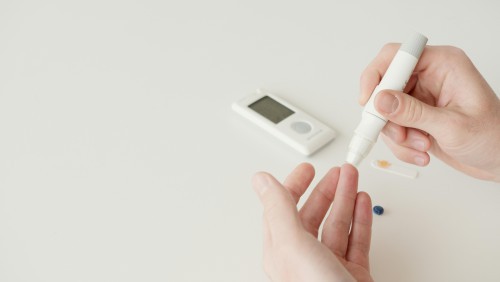Ulcer, peptic
Views:3259 |
By:
Isaac

Ulcers has become more common in our daily lives.If not you,then someone in your family has.
Peptic ulcers are open sores that develop on the inside lining of your esophagus, stomach and the upper portion of your small intestine. The most common symptom of a peptic ulcer is abdominal pain.
Peptic ulcers include:
Gastric ulcers that occur on the inside of the stomach.
Esophageal ulcers that occur inside the hollow tube (esophagus) that carries food from your throat to your stomach
Duodenal ulcers that occur on the inside of the upper portion of your small intestine (duodenum).
It's a myth that spicy foods or a stressful job can cause peptic ulcers. Doctors now know that a bacterial infection or some medications — not stress or diet — cause most peptic ulcers.
SYMPTOMS
Pain is the most common symptom
Burning pain is the most common peptic ulcer symptom. The pain is caused by the ulcer and is aggravated by stomach acid coming in contact with the ulcerated area. The pain typically may:
Be felt anywhere from your navel up to your breastbone.
Be worse when your stomach is empty.
Flare at night.
Often be temporarily relieved by eating certain foods that buffer stomach acid or by taking an acid-reducing medication
Disappear and then return for a few days or weeks.
Other signs and symptoms are
Vomiting of blood — which may appear red or black.
Dark blood in stools or stools that are black or tarry.
Nausea or vomiting.
Unexplained weight loss.
Appetite changes.
CAUSES
Peptic ulcers occur when acid in the digestive tract eats away at the inner surface of the esophagus, stomach or small intestine. The acid can create a painful open sore that may bleed.
Your digestive tract is coated with a mucous layer that normally protects against acid. But if the amount of acid is increased or the amount of mucus is decreased, you could develop an ulcer. Common causes include:
A bacterium. Helicobacter pylori bacteria commonly live in the mucous layer that covers and protects tissues that line the stomach and small intestine. Often, H. pylori causes no problems, but it can cause inflammation of the stomach's inner layer, producing an ulcer.
It's not clear how H. pylori spreads. It may be transmitted from person to person by close contact, such as kissing. People may also contract H. pylori through food and water.
Regular use of certain pain relievers. Certain over-the-counter and prescription pain medications can irritate or inflame the lining of your stomach and small intestine. These medications include aspirin, ibuprofen (Advil, Motrin IB, others), naproxen (Aleve, Anaprox, others), ketoprofen and others.
Peptic ulcers are more common in older adults who take these pain medications frequently or in people who take these medications for osteoarthritis.
Other medications. Other prescription medications that can also lead to ulcers include medications used to treat osteoporosis called bisphosphonates (Actonel, Fosamax, others) and potassium supplements.

 How to Track Irregular Periods
How to Track Irregular Periods  The Shocking Truth About Reversing Diabetes
The Shocking Truth About Reversing Diabetes  What Many Don’t Know: Hormonal Changes in Women in Their 30s and After Birth
What Many Don’t Know: Hormonal Changes in Women in Their 30s and After Birth  How to Cycle Sync Your Periods for Better Health and Balance
How to Cycle Sync Your Periods for Better Health and Balance  Brazilian Waxing and vaginal health, everything you need to know
Brazilian Waxing and vaginal health, everything you need to know